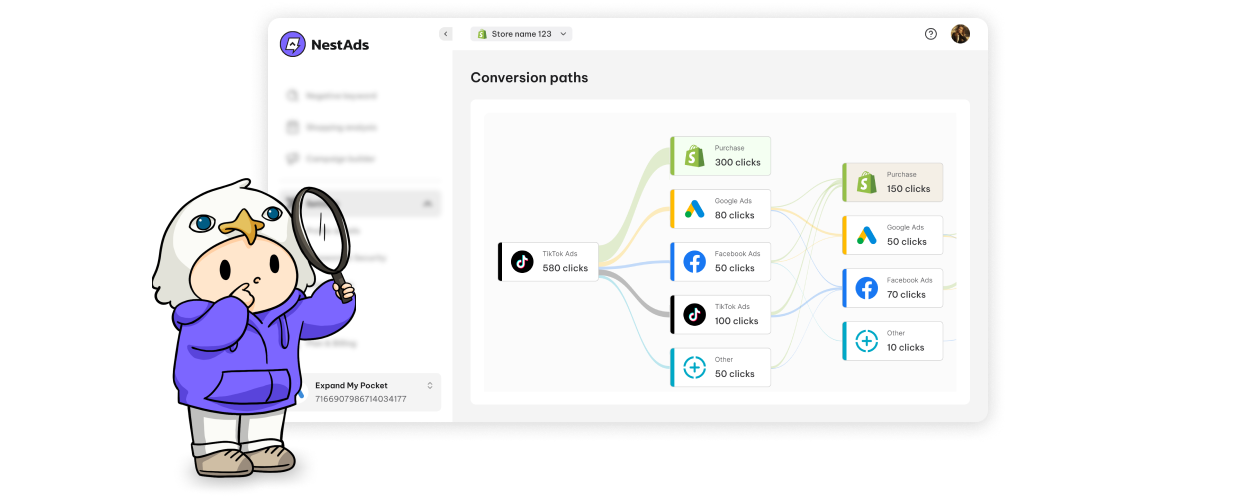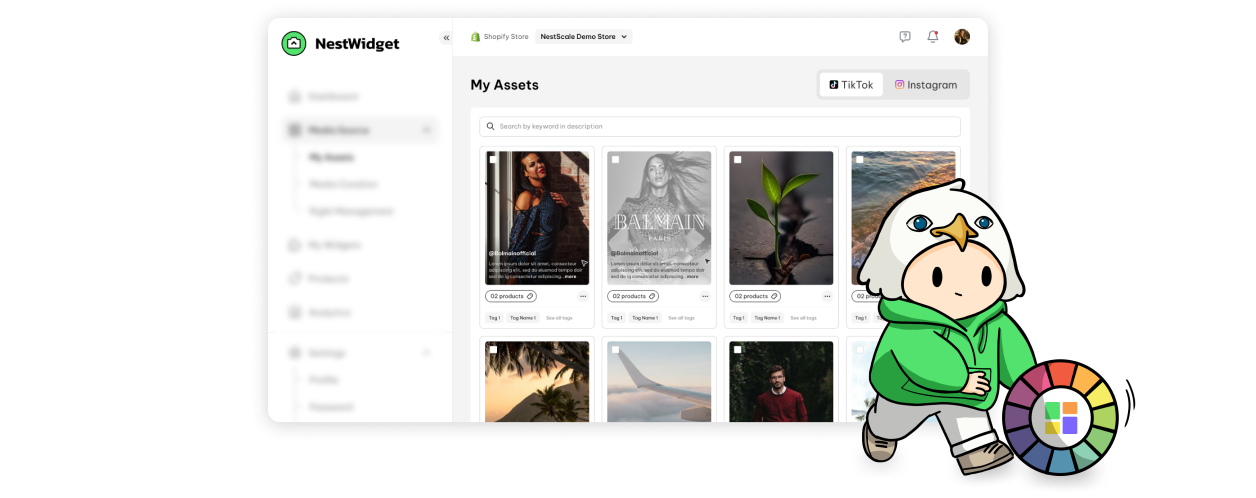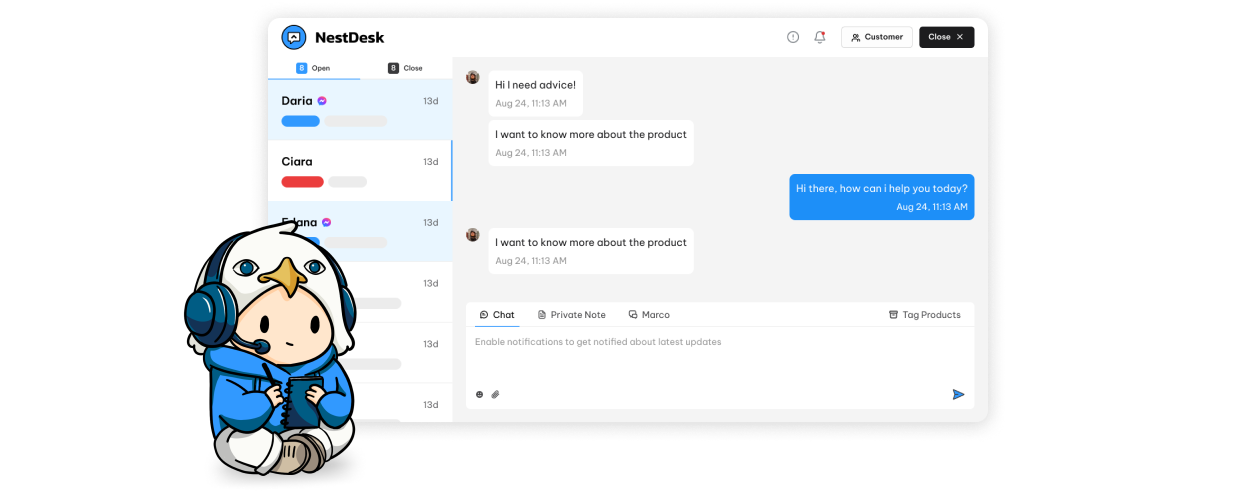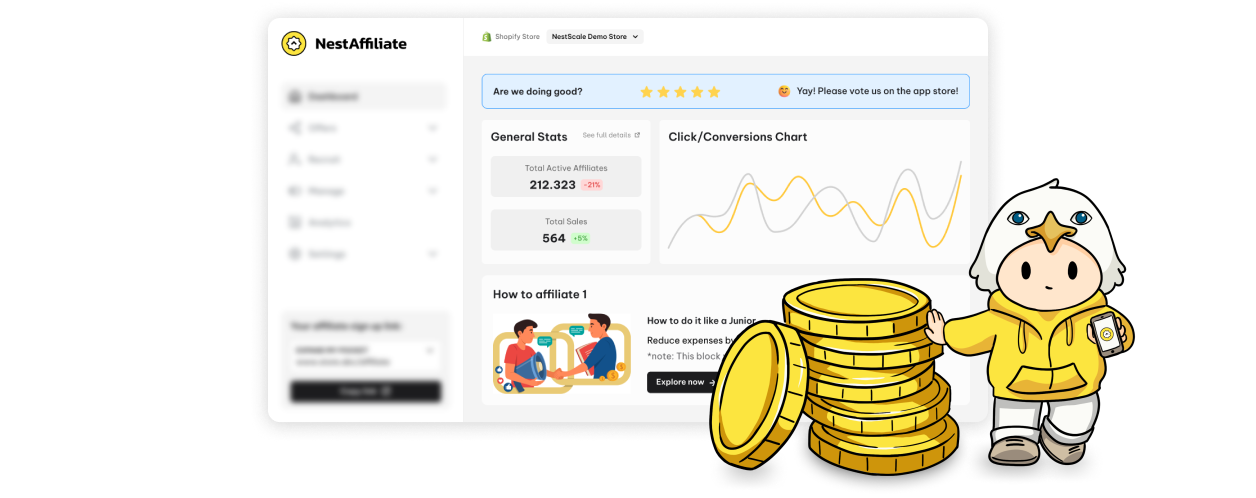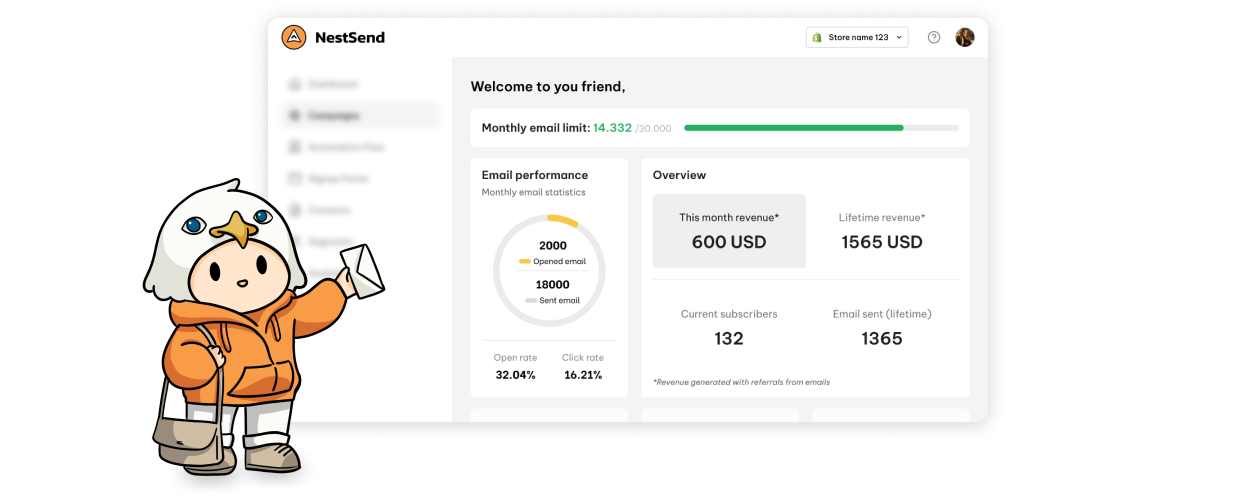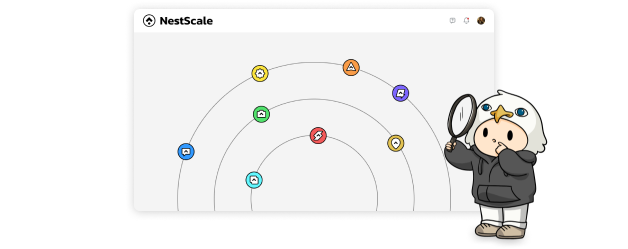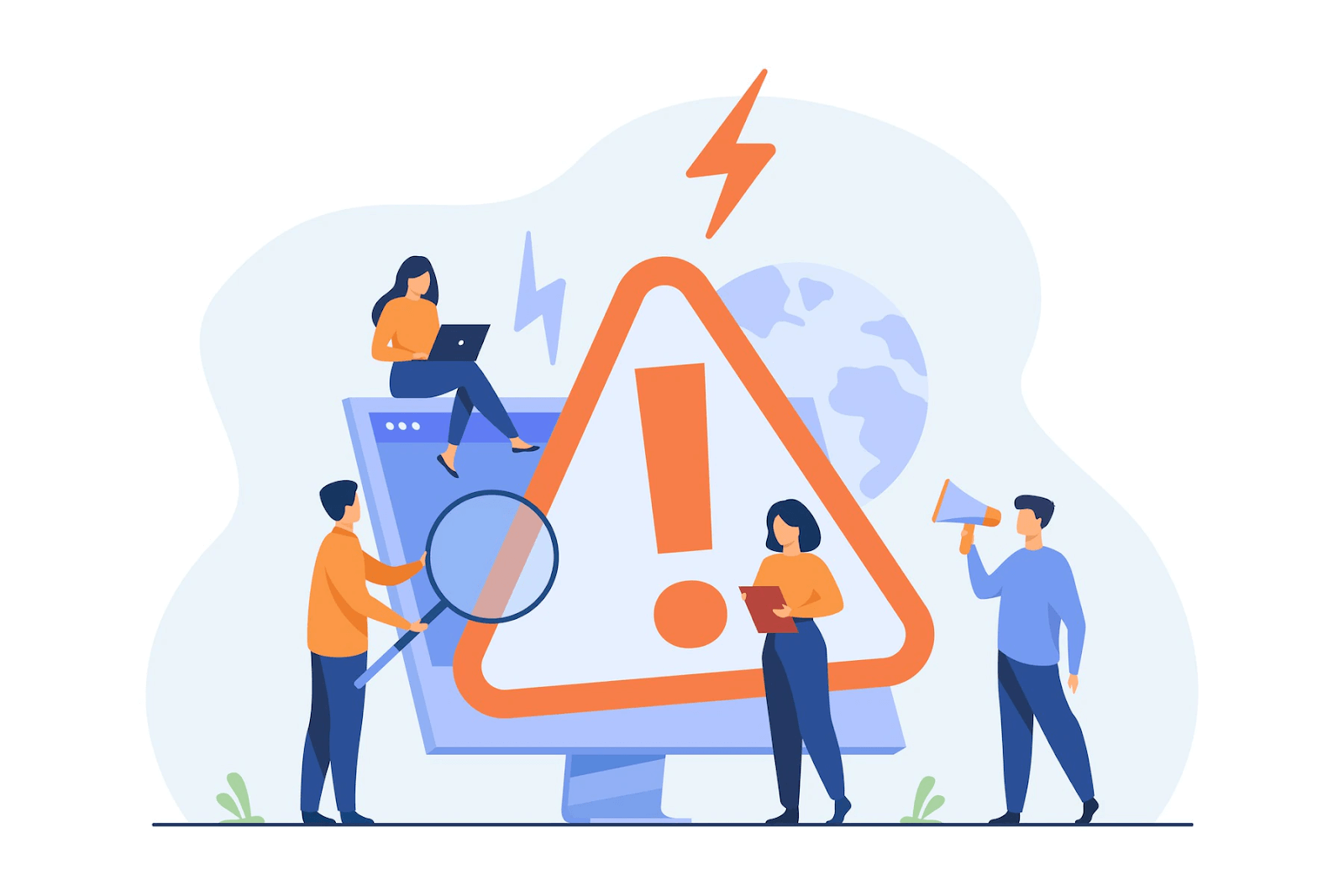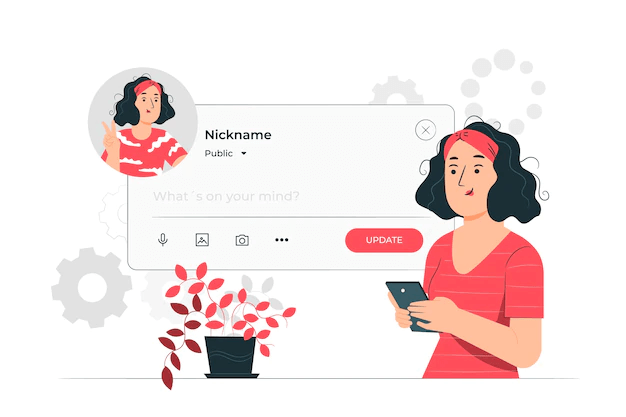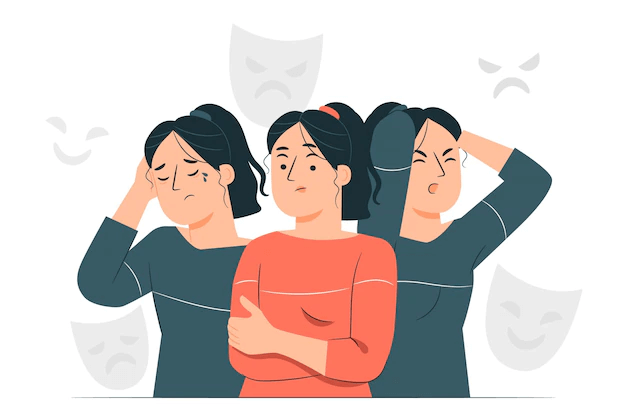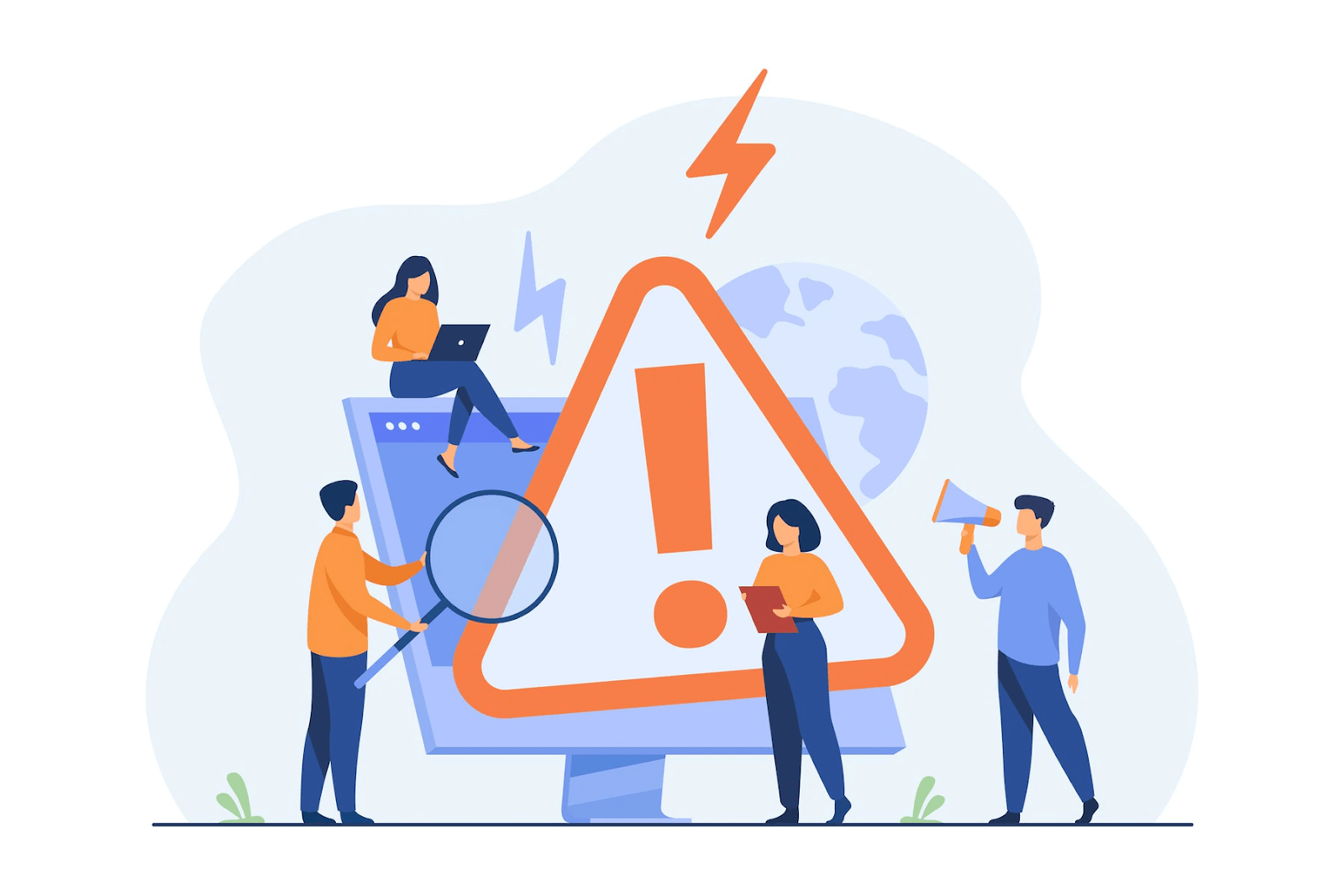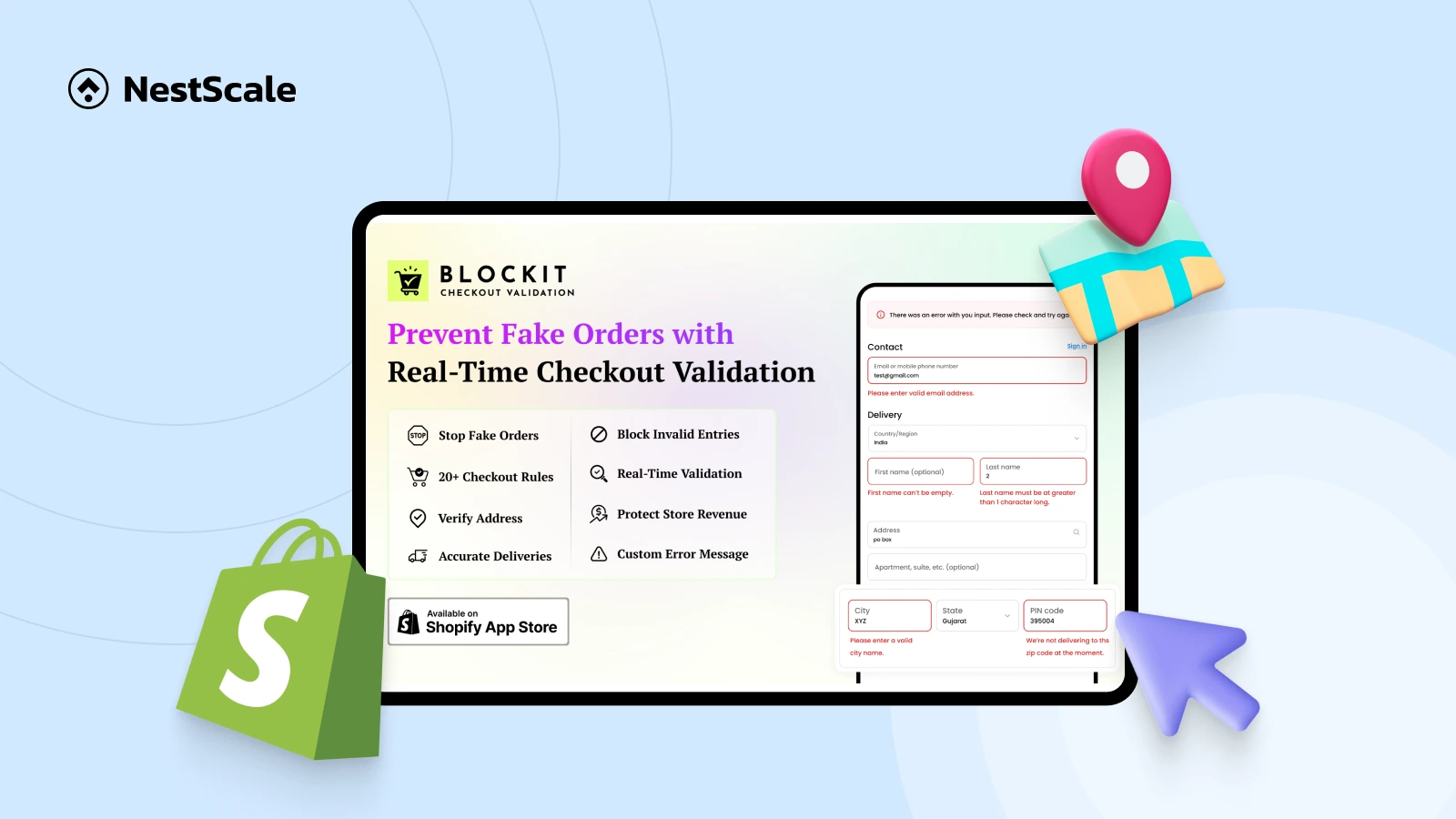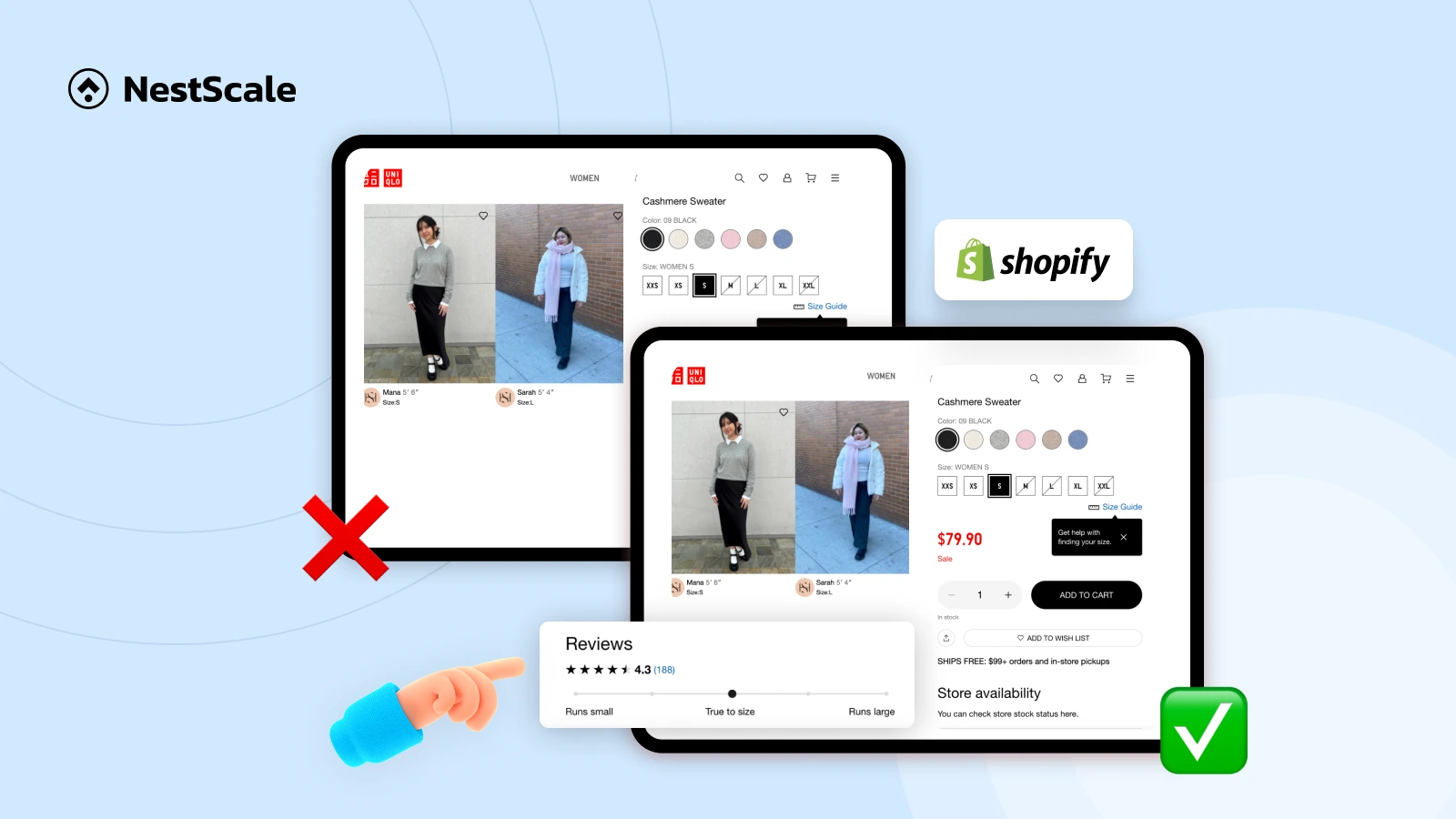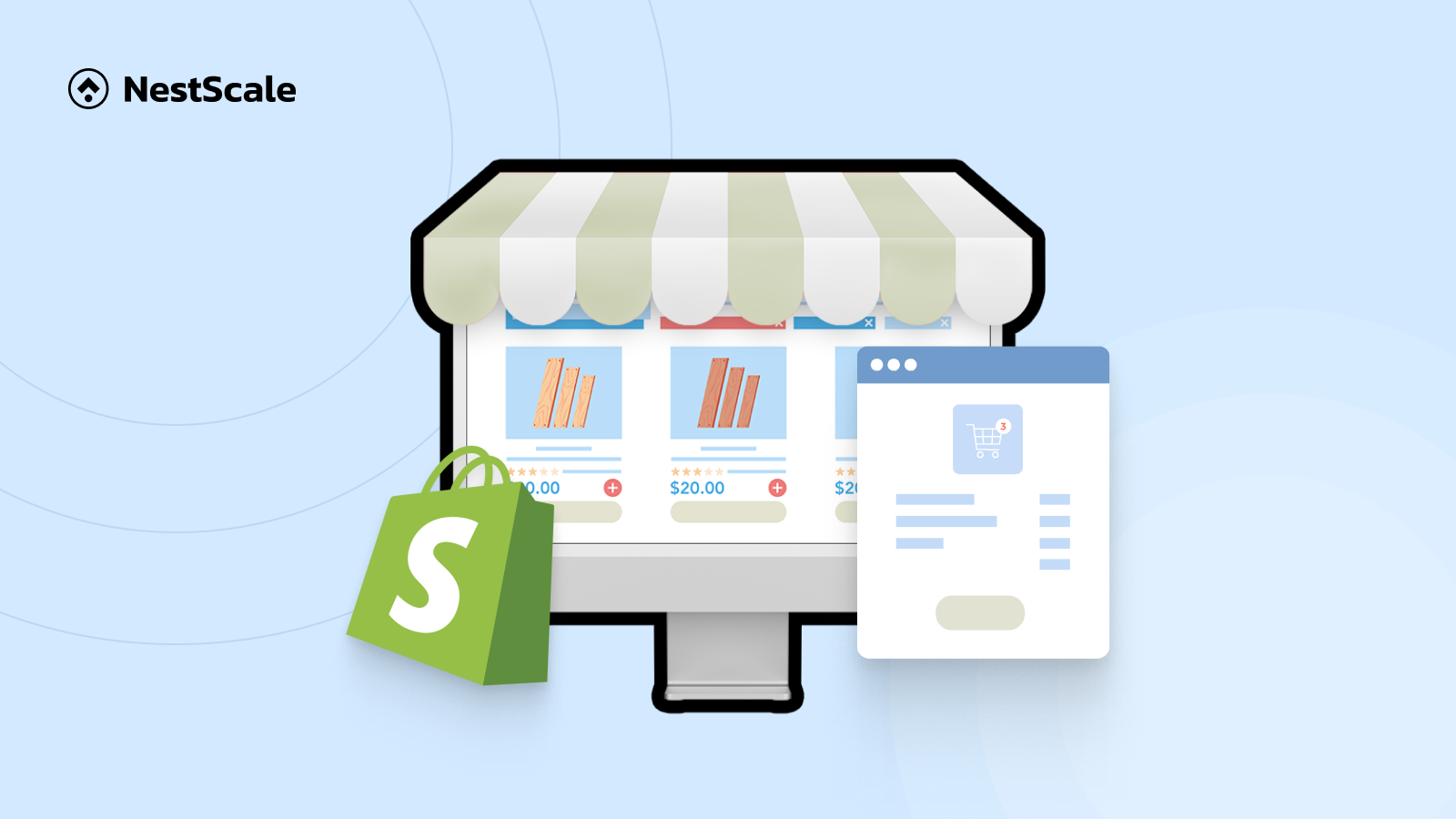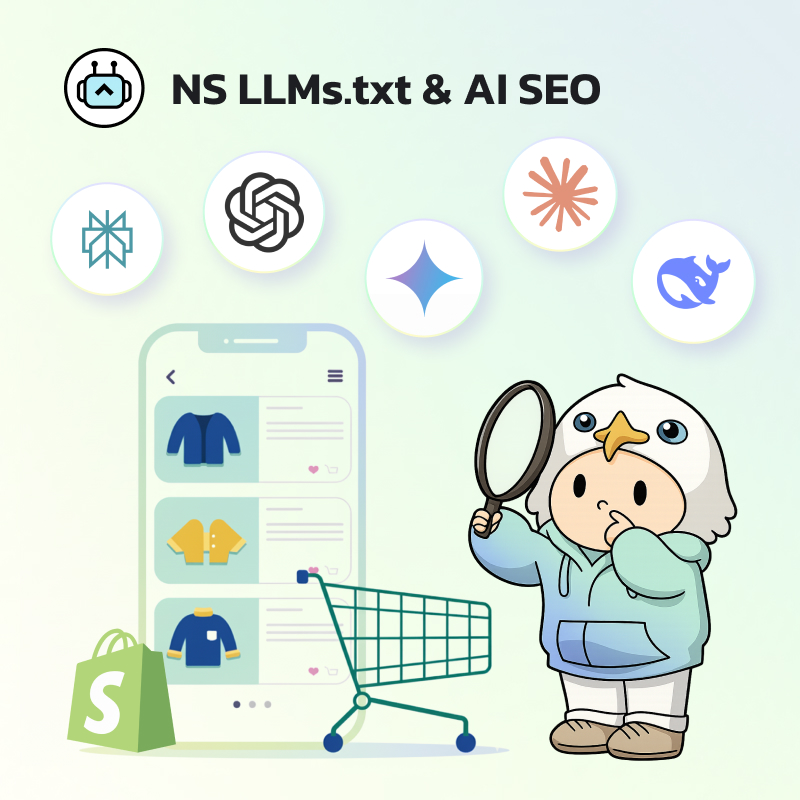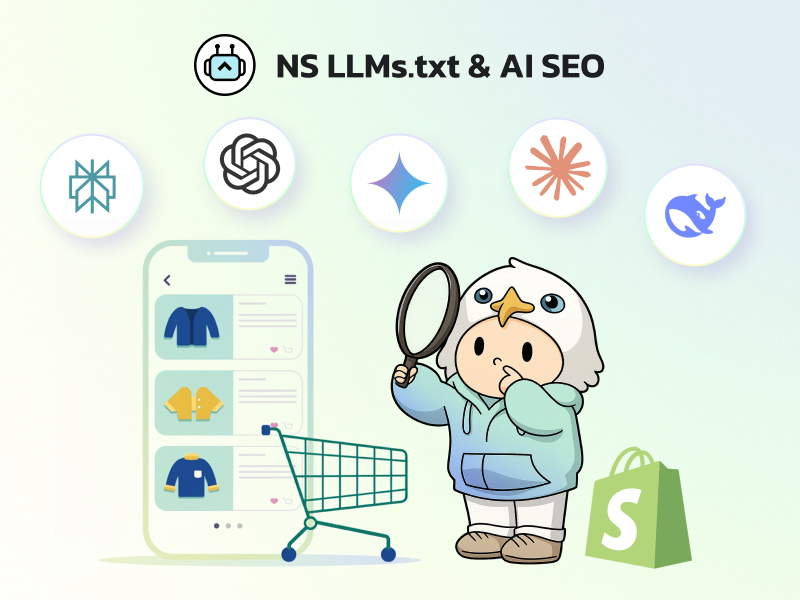Making customers happier and more successful is the key goal of business growth. By using energizing & positive customer service phrases when communicating with your target audiences your brand can make a strong impression, develop customer relationships and make sales.
Here are some of the most excellent customer service words that the business should know:
11 Excellent Customer Service Phrases to use
When customers contact businesses with difficulties, they want to have a positive experience. Using stimulating and positive language makes them feel good about the brand with which they are involved. So, you should follow the common customer service phrases below and ensure value with every interaction.
“Nice to meet you. How can I help you?”
It is always vital to greet and make consumers welcome, whether in person or online, and whether you use live chat, email, or phone.
Even if you know the customer has a problem, you should still approach the scenario with a noticeable sense of excitement by utilizing customer service phrases like “Nice to have you” or “How may I assist you?”. It acts as an encouraging tone for customers to join in on the conversation and open up.
“How would you like to be resolved?”
This question is especially beneficial early in an interaction with a customer since it helps you determine how the customer wants to be addressed.
Customers can choose to be called by last name, first name, personal title, or preferred nickname.
“I’m happy to help.”
This customer service phrase shows that you do not consider aiding them a burden or an inconvenience. If you tell a customer this and mean it, they’ll believe you genuinely want to assist them.
The most straightforward technique to be sympathetic is to use positive customer service phrases that make them feel as if you can relate to them on some level.
“Please provide more detail on that”
The ideal method to reply to customers is to first identify the main cause of their issue.
Customers are not always as straightforward as they should be, so you may want to encourage them to reveal a little more about the problem to deliver the appropriate solution.
To get the correct response, you must also urge them to “tell more” or “open up a little more.” by using this perfect phrase for customer service
“From what I understand, the issue you’re having is.”
For several reasons, paraphrasing a client’s complaint to the customer is beneficial. It not only demonstrates that you were attentive when they presented their concern but also reminds you of misunderstanding their issue.
“What I will do is.”
When you know you understand the problem and have a notion of how to solve it, you can say this to a customer. It informs the customer that you are available to assist them and details how their problem will be remedied.
“Here’s what I can offer you instead.”

You are not always going to meet all customer’s requests. Denying the request would not be an acceptable customer service strategy in such instances. You must find different choices in order to leave a favorable impression of your business in their minds.
When you are unable to meet certain needs, you should avoid using negative words.
“Your concern has been forwarded to the appropriate team.”

Customer care representatives are not always the best people to help customers with their difficulties.
Many teams make the mistake of utilizing comments like “I can’t help”, “this is beyond our reach” or something along those lines in such situations, which could poison the image in customers’ brains.
On the other hand, you may simply gain clients’ trust by explaining how their issue is being routed to the professional by using this customer care phrase.
“Thank you for your comments.”
Customers deserve to be praised for their positive reviews of your services and products. So, you should always show respect and adopt a tone of appreciation for any input received for your products.
Using encouraging and friendly words would be a cause to receive more constructive feedback for your progress.
“You mean a lot to us.”
Customers are more devoted to you when you make them feel valued. Therefore, in order to instill confidence in them, you must frequently demonstrate how important they are to your company.
Use phrases like “You mean a lot” or “Thank you for becoming our clients” or something similar as soon as you’ve resolved their issue to express your gratitude.
“Is there anything else I can help you with?”

This is a critical question to ask near the end of a client engagement.
It allows the customer to bring up anything else they may require assistance with when you use such positive customer service phrases like “what else I can do” or “how may I help you more”.
It also communicates to the customer that you are not rushing through the transaction and are willing to hear about anything more they require.
5 phrases to avoid in customer service
Many service agents fail to satisfy their customers by using unfriendly customer service phrases. Those bad phrases often lack genuineness, and politeness, and feel more like a formality than a well-intentioned statement.
Here are the 5 most customer service phrases you should avoid:
“I’m afraid I can’t help you with that.”
Customers fear hearing “I can’t help you on that” from service representatives like you since it completely closes the door on them. Even if your ability does not match the customer’s desire, finding alternatives to alleviate the customer’s concerns is always preferable.
“You’re mistaken.”
Don’t straight away blame problems on customers; instead, focus on the big picture and remain objective in order to solve the problem.
“Don’t be hurried. We also have other customers.”
Customers understandably want you to resolve their issues as soon as possible. And if they force you to put them first, take it nice and don’t say anything unpleasant about it.
“I’m not sure.”
Instead of saying “I’m not sure,” there are a million more ways to demonstrate that you are unfamiliar with your client’s problems.
This customer service term indicates helplessness and incompetence, and it gives clients an unfavorable opinion of your company. Avoid using weak and unable statements since they may imply that you are hesitant to assist.
“This problem has never existed before.”
This worthless attempt at reassurance has no effect on the customer, who is currently experiencing the issue. They have become even more concerned after learning that it is a novel problem that your organization has never had to tackle before.
There are various ways to reassure clients that the problem they are experiencing is uncommon and unlikely to occur again. Do not, under any circumstances, use the “We’ve never experienced this problem before” approach.
Improve Communication and Trust with Positive Customer Service Phrases
Positive customer service terms ensure that clients have a positive experience with your business. All of the phrases in customer service above provide a broad picture of how businesses can satisfy their consumers and provide good service to them.
The emphasis is on making clients feel heard, joyful, and confident in contacting you whenever they need help. NestDesk was created to be the ideal eCommerce customer service solution, centralizing all discussions, delivering personalized responses, and generating purchases all within one inbox.





